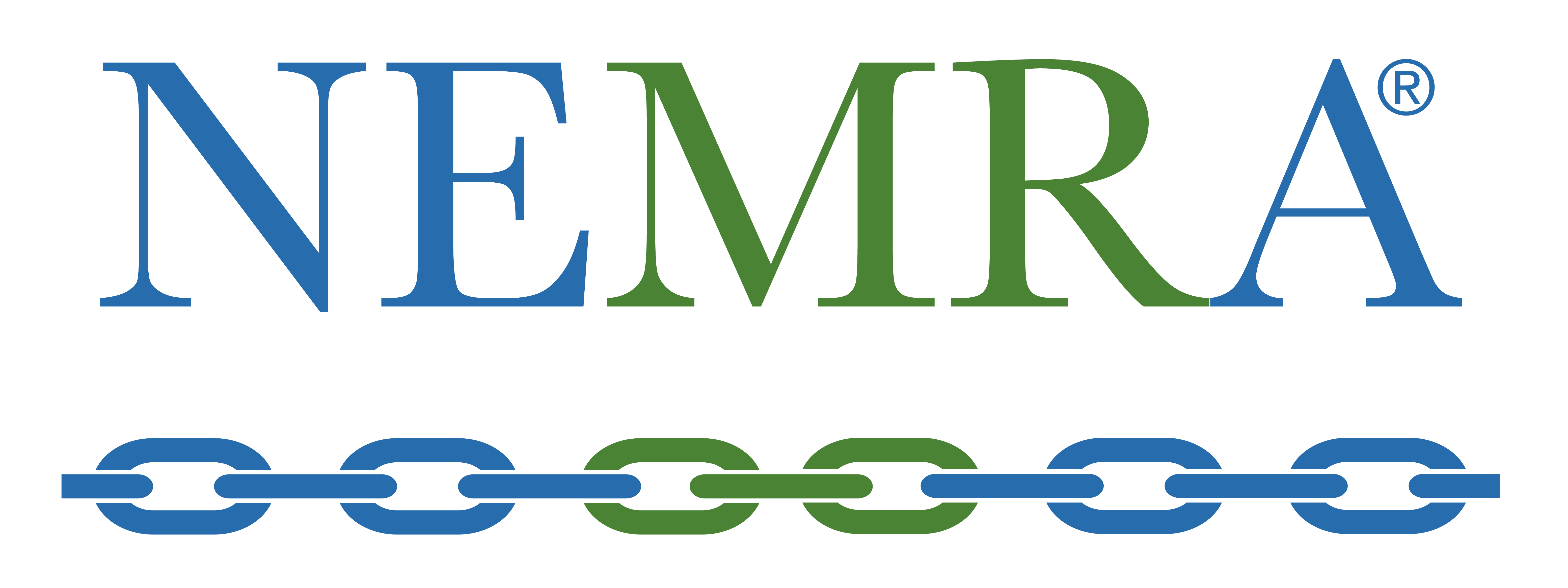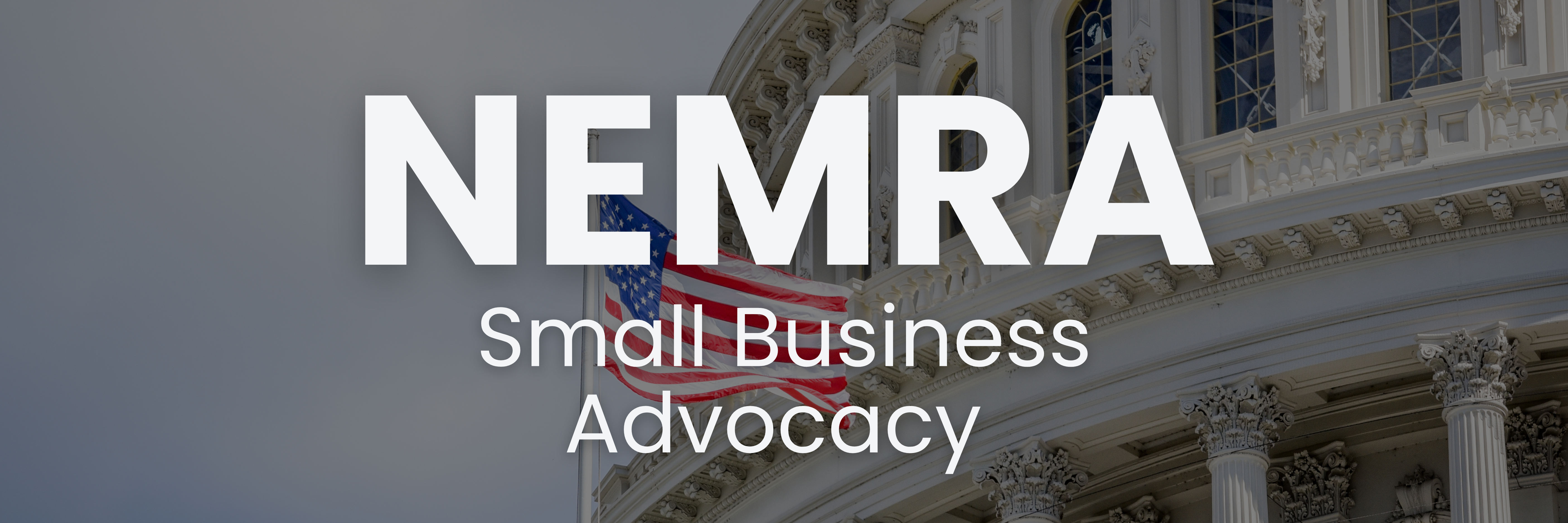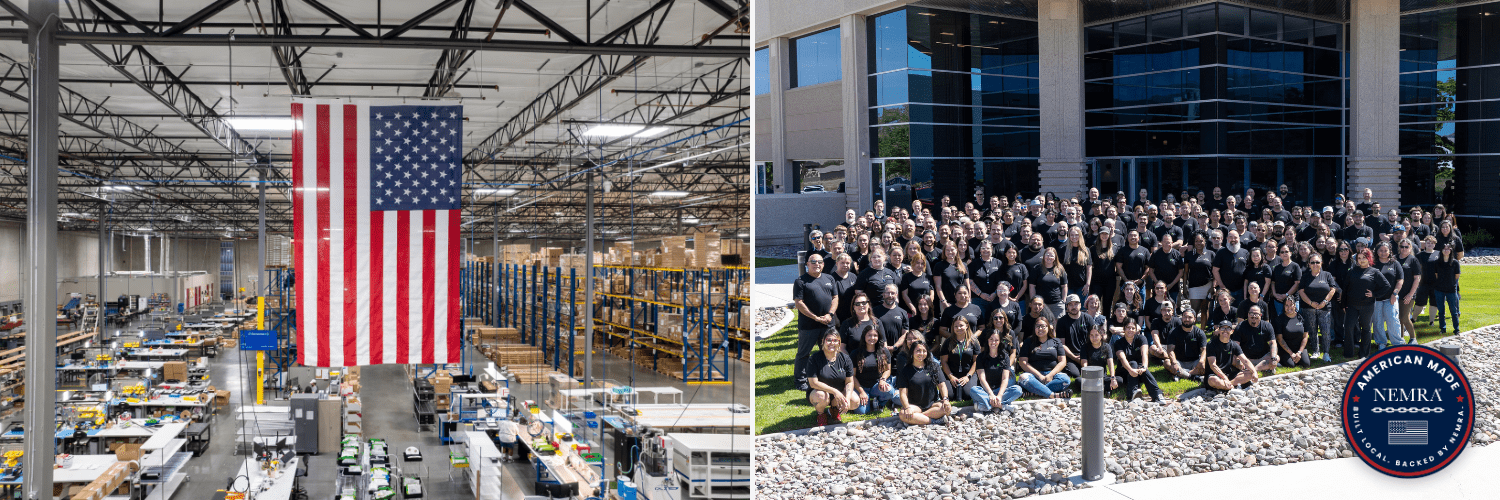ON DECK:
- 2 new 232s, 3 232 soft rollouts, 1 possible 232 shutdown, 55 burgers, 55 fries, etc.
- U.S. implements EU deal by cutting tariffs on autos, aerospace, generic pharmaceuticals, unavailable natural resources
- Trump, Lula meet; U.S., China hold technical talks; U.S., India restart high-level talks; Malaysia deal may land at ASEAN summit; South Korea deal still stuck in the mud; Swiss try to sweeten their offer
- DOJ submits SCOTUS brief as appeals court upholds List 3 and 4a Section 301 China tariffs
DISCLAIMER: The below is intended to inform, not to be construed as an official statement from the office of Rep. Yakym
Tidbits
I Don’t Know About You, But I’m Feeling 232
The week started off very quietly on the 232 front. And then Wednesday happened.
We now have new Section 232 investigations on Personal Protective Equipment, Medical Consumables, and Medical Equipment, Including Devices and Robotics and Industrial Machinery. Both have comments due in 21 days – October 17. Neither Federal Register notice includes the word “derivative,” but both include “parts and components.” With those checks complete, I’m updating the chart and Coming Attractions accordingly.
Initiated | Comments Due | Days | |
9/2/25 (published 9/26/25) | 10/17/25 | 21 | |
9/2/25 (published 9/26/25) | 10/17/25 | 21 | |
8/13/25 (published 8/25/25) | 9/9/25 | 15 | |
7/1/25 (published 7/16/25) | 8/6/25 | 21 | |
7/1/25 (published 7/16/25) | 8/6/25 | 21 | |
5/1/25 (published 5/13/25) | 6/3/25 | 21 | |
4/22/25 (published 4/25/25) | 5/16/25 | 21 | |
4/22/25 (published 4/25/25) | 5/16/25 | 21 | |
4/1/2025 (published 4/16/2025) | 5/7/2025 | 21 | |
4/1/2025 (published 4/16/2025) | 5/7/2025 | 21 | |
3/10/2025 | 4/1/2025 | 22 | |
3/10/2025 | 4/1/2025 | 22 | |
9/21/2021 | 11/12/2021 | 52 | |
5/28/2020 | 7/20/2020 | 53 | |
5/19/2020 | 7/10/2020 | 52 | |
5/11/2020 | 6/9/2020 | 29 | |
3/4/2019 | 4/22/2019 | 49 | |
7/25/2018 | 9/10/2018 | 47 | |
5/30/2018 | 6/22/2018 | 23 | |
4/26/2017 | 5/31/2017 | 35 | |
5/9/2017 | 6/29/2017 | 51 |
But at least that was all, right? Right? Wrong. Because Thursday happened.
We got a series of truths from President Donald Trump over the course of 30 minutes Thursday evening announcing that October 1 would see the beginning of the Section 232 truck, lumber, and pharmaceuticaltariffs. We don’t have any paper to go off of yet. I imagine that will, in true Trade Tidbits tradition, be released about 30 minutes after I hit send. But let’s break down what we know based off the truths:
- The truck tariff rate will be 25%. He also notes, possibly for legal reasons, it’s being done because, “We need our Truckers to be financially healthy and strong, for many reasons, but above all else, for National Security purposes!”
- The lumber tariffs are a little trickier because the truth only talks lumber derivatives. President Trump singles out kitchen cabinets, bathroom vanities, and “associated products” for a 50% tariff and upholstered furniture for a 30% tariff. Again, possibly for legal reasons, the truth notes, “We must protect, for National Security and other reasons, our Manufacturing process.” The Trump Administration had come under pressure from domestic industry in the last week on this one in particular.
- The pharmaceutical tariff rate will be 100% for branded or patented products unless the company “IS BUILDING” a plant in the U.S. As President Trump clarifies, “‘IS BUILDING’ will be defined as, ‘breaking ground’ and/or ‘under construction.’” This is basically what he’s been talking about for a while. No mention of national security in this truth, unlike trucks and lumber. Bloomberg has a handy list of companies that could be candidates for an exemption based on announced investments.
Ok surely that’s it, right? Still wrong. And don’t call me Shirley. Because, yes, Friday happened.
In a story posted at midnight today, the Wall Street Journal outlines what appears to be the plan on the Section 232 chips investigation. The stated goal is to have a 1:1 ratio of domestically manufactured vs. imported chips. Anyone out of balance would pay a tariff. But, similar to the pharmaceutical tariffs, it sounds like there would be credit for ongoing manufacturing capacity expansions.
Before you ask, no we’re still not done yet. Because Tuesday will happen. What’s Tuesday, you ask? September 30. What’s September 30, you ask? The day after September 29. Also, the end of the federal government fiscal year. And we’re staring down the potential of a government shutdown.
What does that mean for Section 232 stuff? I’m not sure. But I feel the need to note it. The steel and aluminum exclusions process shut down during the 2019 partial government shutdown, so it’s possible that the auto parts inclusions window won’t open on October 1. The steel and aluminum inclusions window will close September 29, so that’s safe, but Commerce may put pencils down on advancing the requests. Pencils may also go down on other investigations’ reports and things like the copper inclusions process. But since Section 232 is national security related, you could also imagine a scenario where all that is deemed essential functions that need to continue.
Aaaand a few last stories to flag on the 232 front before *finally* closing this section out. Bloomberg led with the steel derivative request I had previously flagged regarding kettlebells (request 0041) as part of an overall look at the process. And the WSJ ran an op-ed that criticized the steel and aluminum derivative process leading with condensed milk (request 0049), which was one of the test cases I had previously flagged to see how expansive the process would be (answer: quite).
I Say Follow-Through! Who’s With Me!?
USTR released a Federal Register notice implementing the U.S. side of the bargain in the U.S.-EU trade deal (you can also read the CSMS notice here). This includes cutting the Section 232 auto tariff to 15%, retroactive to August 1; cutting generic pharmaceutical and precursor tariffs to 15%, retroactive to September 1; and exempting aerospace products and certain unavailable natural resources, retroactive to September 1.
The announcement was cheered by Trade Commissioner Maros Sefcovic, who met with USTR Jamieson Greer this week. Commissioner Sefcovic also took the opportunity to make a push on his next priority: steel tariffs. He told Bloomberg, “The most logical step would be to proceed with a tariff-rate quota, with low or no tariffs…We so far haven’t received the response to this proposal, but we know that it’s very important for our industry and therefore we are permanently putting it on the table.” The EU will also keep pushing for pharmaceutical and medtech exemptions.
European Commission President Ursula von der Leyen met with President Donald Trump on the sidelines of the UN General Assembly this week too. Discussions focused on Ukraine, but that included a push from President Trump to adopt tariffs. He said in a speech, “For those tariffs to be effective, European nations, all of you gathered here right now, would have to join us in adopting the exact same measures.” The EU is looking at tariffs on Russian oil, though not necessarily on the buyers like the U.S. is asking.
European Parliament President Roberta Metsola expressed optimism that the parliament would find an agreement in order to approve the U.S.-EU trade deal, calling it a “strong if not perfect deal.” This as the bloc comes to terms with the fact that the agreement isn’t WTO-compliant.
News from the Rest of the World
- Brazil: President Luiz Inácio Lula da Silva spoke with President Donald Trump on the sidelines of the UN General Assembly, with President Trump saying, “We agreed to meet next week.” The rapprochement may be thanks to a beef tycoon. The lower house made moves that could result in the son of former President Jair Bolsonaro losing his seat. Sen. Tim Kaine (D-VA) introduced S.J. Res. 81, which would end the additional IEEPA tariff on Brazil. Inside U.S. Trade reports that Brazil may be rethinking its position on the WTO e-commerce moratorium. Bloomberg took a look at the payment processing trade irritant.
- Canada: Sens. David McCormick (R-PA) and Catherine Cortez Masto (D-NV) introduced S. 2861, the Protecting the USMCA from Harmful Chinese Investment Act, which would add a USMCA joint review negotiating objective encouraging Canada and Mexico to adopt a mechanism similar to the Council on Foreign Investment in the U.S. (CFIUS) and urging North American cooperation on inbound investment. Prime Minister Mark Carney met Chinese Premier Li Qiang and discussed, among other things, China’s tariffs on canola, which were in retaliation for Canada’s tariffs on EVs, which were imposed at the behest of the U.S.
- China: U.S. and Chinese officials met for technical talks at the Treasury Department on trade, since that got the short shrift in Madrid last week. Treasury Secretary Scott Bessent told Fox Business that the U.S. leverage in talks includes aircraft engines and chemicals amid reports a “huge” Boeing order is in the works. But it also placed an order for Argentinian soybeans, which angered U.S. farmers. A House of Representatives delegation visited China this week. China said it will no longer seek WTO developing country benefits (with some “buts”). As cheap Chinese exports flood the world, the government is urging companies not to take their price wars to the U.S. (see Reuters headline “China’s BYD makes gains in Spain with low EV prices, fast expansion”). China launched an investigation into Mexico’s planned tariff hike as Canadian Prime Minister Mark Carney seeks to ease trade tensions and hopes for a meeting with President Xi Jinping.
- India: Trade Minister Piyush Goyal met with USTR Jamieson Greer in New York and had “constructive” talks. With the U.S. remaining firm in its demands vis-à-vis Russian oil, India is exploring ways to increase purchases of oil and gas from the U.S.…and Iran. Might be swapping one problem for another with that one. Anyway, Minister Goyal also raised H-1B visas after the U.S. suddenly increased fees for the visas.
- Indonesia: Sovereign wealth fund Danatara held talks with Boeing about a plane order. The country reached trade agreements with Canada and the EU as it sits at an uneasy intersection between the U.S. and China.
- Malaysia: Prime Minister Anwar Ibrahim posted on Facebook (per Google Translate) that he talked with President Donald Trump, mostly about the Cambodia-Thailand dispute. PM Ibrahim met with USTR Greer, who was in Malaysia as part of an ASEAN trade ministers, as well. USTR Greer also met with Trade Minister Zafrul Aziz, reportedly telling him that the U.S. is happy with the country’s transshipment efforts. The two sides hope to finalize an agreement the October 26-28 ASEAN leaders summit, which President Trump is scheduled to attend. It sounds like unavailable natural products could be a part of the deal.
- Mexico: Sens. David McCormick (R-PA) and Catherine Cortez Masto (D-NV) introduced S. 2861, the Protecting the USMCA from Harmful Chinese Investment Act, which would add a USMCA joint review negotiating objective encouraging Canada and Mexico to adopt a mechanism similar to the Council on Foreign Investment in the U.S. (CFIUS) and urging North American cooperation on inbound investment. China launched an investigation into Mexico’s planned tariff hike.
- South Africa: Trade Minister Parks Tau told Bloomberg that he’s waiting for a revised proposal from the U.S.
- South Korea: President Lee Jae Myung met with Secretary Bessent on the sidelines of the UN General Assembly, telling him that trade talks must be “commercially rational.” Finance Minister Koo Yun-cheol also met with Secretary Bessent to further discuss the investment provisions of the trade deal, including a currency swap. The Wall Street Journal took a look at why the agreement seems to be on such shaky ground. Trade Minister Yeo Han-koo met with USTR Greer in Malaysia. Prime Minister Kim Min-seok told Bloomberg News that investments in the U.S. would be in limbo until there’s more visa clarity.
- Switzerland: The country is working to sweeten its offer, with purchases of weapons, uranium, and LNG, as well as investment pledges.
- Turkey: Turkey terminated retaliatory tariffs from 2018 on passenger cars, fruit, and other products ahead of a summit between Presidents Tayyip Erdogan and Trump.
Court Corner
The Department of Justice filed an 83-page brief in support of keeping the IEEPA tariffs. It also urged the Court of International Trade (CIT) to keep paused the case challenging the ending of de minimis for China and Hong Kong using IEEPA.
And in a long-running case from Trump 1.0, the Court of Appeals for the Federal Circuit upheld the CIT’s ruling in the challenge of the List 3 and 4a Section 301 China tariffs known as HMTX Industries LLC v. United States.
Quick Hits
- A ship came under attack off the coast of Yemen, but it’s not clear if it was the Houthis
- The Commerce Department will invoke the “Golden Share” to block the closure of a U.S. Steel plant in Illinois
- 25 Representatives and Senators led by Reps. Rick Larsen (D-WA) and Dan Newhouse (R-WA) sent a letter to USTR Jamieson Greer urging better market access for blueberries in Japan, Vietnam, and South Korea
- Reps. Ro Khanna (D-CA) and Don Bacon (R-NE) introduced H.R. 5516, which, per a press release, would end tariffs on imported coffee products, retroactive to January 19, 2025
- Volvo announced it would produce a new hybrid model in the U.S. by 2030 due to tariff pressure
Tarif-Fone
Let me know if I missed anything. It’s not unpossible. IEEPA tariffs struck down by courts but in place pending appeal are italicized. There are lawsuits pending on some of the other IEEPA actions, but those have separate circumstances and arguments and may not be struck down themselves. I’m keeping the due date for the trucks, pharma, and lumber 232s until we have something firm.
Trade Actions in Effect | ||||
As of | Who | What | Rate | Authority |
2/4/25 | China | 20% (10% from 2/4/25-3/3/25) | ||
3/4/25 | Canada | 35% (25% from 3/4/25-7/31/25) | ||
3/4/25 | Mexico | 25% | ||
3/12/25 | All countries | 50%; UK at 25% (25% for all countries from 3/12/25-6/4/25) | ||
3/12/25 | All countries | 50%; UK at 25% (25% for all countries from 3/12/25-6/4/25; was 10% prior to 3/12/25) | ||
4/2/25 | Countries importing Venezuelan oil (currently none) | 25% | ||
4/3/25 | All countries | 25% | ||
4/4/25 | All countries | 25% | ||
4/5/25 | Countries not on this list(minus Canada, China, Cuba, North Korea, Russia, Belarus) | 10% | ||
4/9/25 | China | 10% (was 125% from 4/10/25-5/3/25; was 84% on 4/9/25) | ||
5/2/25 | China, Hong Kong | N/A | ||
5/3/25 | All countries | 25% | ||
6/23/25 | All countries | Tariffs on steel derivatives(mostly appliances) | 50% (25% for UK) | |
8/1/25 | All countries | 50% | ||
8/6/25 | Brazil | 40% | ||
8/7/25 | ||||
8/18/25 | All countries | Tariffs on steel and aluminum derivatives | 50% (25% for UK) on steel or aluminum content; IEEPA rate applicable to country on non-steel or aluminum content | |
Effective 8/27/25 | India | 25% | ||
Effective 8/29/25 | All countries | N/A | ||
9/15/25 to 9/29/25 | All countries | Inclusion request windowfor Section 232 steel and aluminum derivatives opens | 25% | |
Coming Attractions | |||||
Status | Who | What | Rate | Authority | |
10/1/25 | All countries | Inclusion request windowfor Section 232 auto parts opens | 25% | ||
Effective 10/1/25(?) | All countries (probably) | 50% on certain derivatives, 30% on others | |||
Effective 10/1/25(?) | All countries (probably) | 100% unless construction ongoing | |||
Effective 10/1/25(?) | All countries (probably) | 25% | |||
Effective 10/14/25 | Shipping companies | Various fees | |||
Comments due 10/17/25 (action due 5/30/26) | All countries | Personal Protective Equipment, Medical Consumables, and Medical Equipment, Including Devices | TBD | ||
Comments due 10/17/25 (action due 5/30/26) | All countries | TBD | |||
Due 10/22/25or 1/20/26 (comments due 5/16/25) | All countries (probably) | TBD | |||
Due 10/28/25 | All countries | Inclusions process for Section 232 copper | |||
Effective 11/10/25 | China | Reciprocal tariff | 34% | ||
Due 11/25/25 (comments due 4/1/25) | All countries (probably) | TBD | |||
Expires 11/29/25 | China | Certain Section 301 China tariff exclusions | 7.5% or 25% | ||
Due 12/10/25 (hearing was 3/11/25) | China | TBD | |||
Due 12/27/25 (comments due 5/7/25) | All countries (probably) | TBD | |||
Due 12/27/25 (comments due 5/7/25) | All countries (probably) | TBD | |||
Due 1/20/26 (comments due 5/16/25) | All countries (probably) | TBD | |||
Due 1/26/26 (comments due 6/3/25) | All countries (probably) | TBD | |||
Due 3/28/26 (comments due 8/6/25) | All countries (probably) | TBD | |||
Due 3/28/26 (comments due 8/6/25) | All countries (probably) | TBD | |||
Due 5/10/26 (comments due 9/9/25) | All countries | TBD | |||
Due 7/15/26 | Brazil | TBD | |||
TBD (no current deadline) | Canada | 25% | |||
TBD (no current deadline) | Mexico | 25% | |||
TBD | All countries (probably) | 100% | TBD (maybe Section 232) | ||



